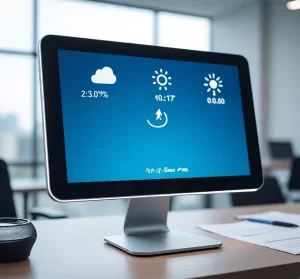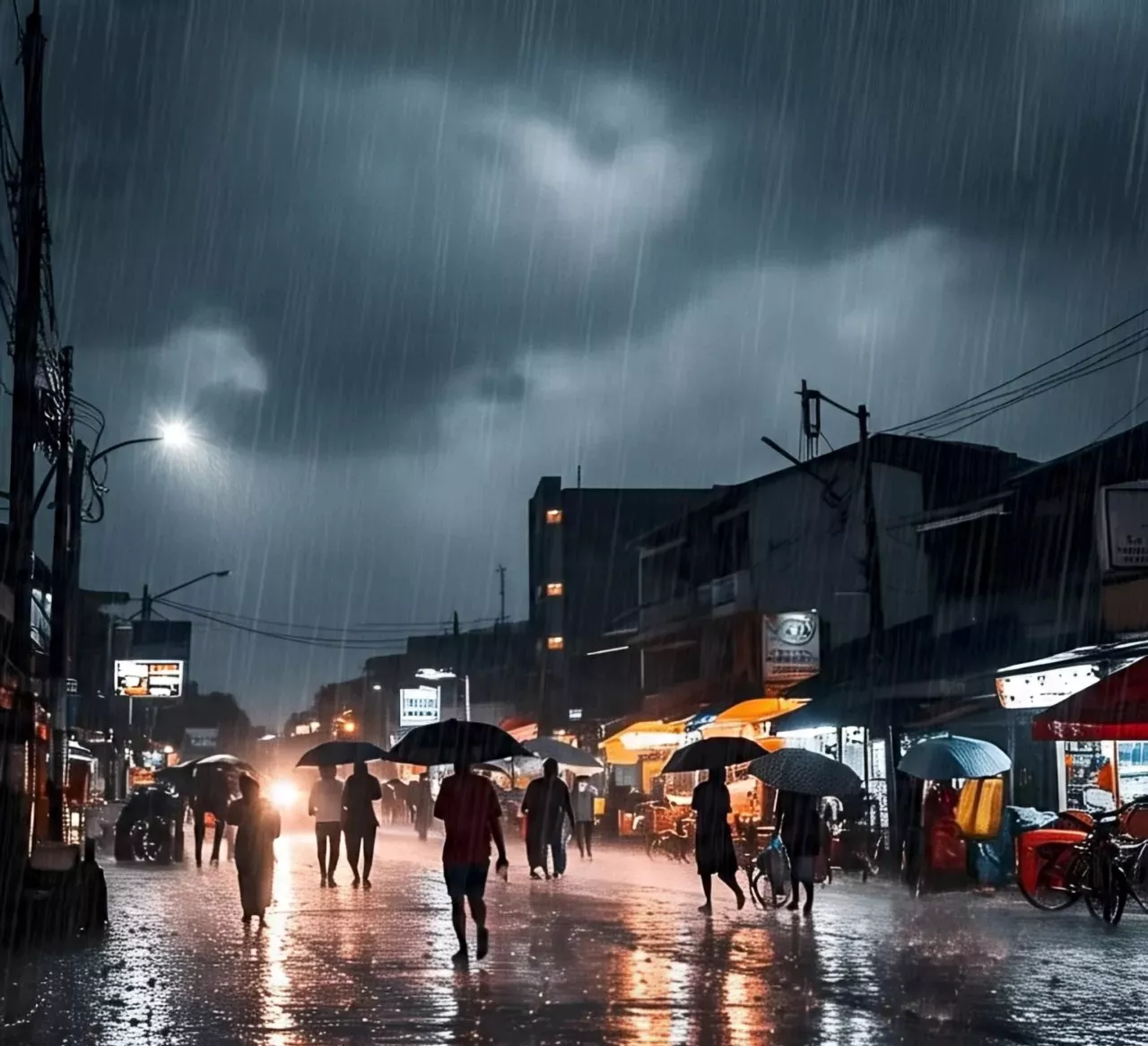Tips of Survival
Rainy Season And Power Failures can bring more than just heavy showers; it often results in power failures that can disrupt daily life. Whether you’re dealing with torrential downpours, flooding, or extended periods without electricity, knowing how to survive these conditions is crucial. This guide provides essential tips for staying safe, maintaining comfort, and preparing your home for the rainy season and power failures.
Understanding the Rainy Season and Power Failures
Rainy seasons vary by region but generally involve extended periods of heavy rainfall, thunderstorms, and sometimes severe weather like hurricanes or cyclones. Power failures often accompany these conditions due to damaged power lines, falling trees, and flooded substations. Understanding these challenges helps in effective preparation.
Preparing Your Home for the Rainy Season And Power Failures
Inspecting and Repairing Roofs and Gutters
Check your roof for leaks and weak spots. Clear gutters and downspouts to ensure proper drainage and prevent water accumulation that can lead to leaks and damage.
Securing Doors and Windows
Seal any gaps around doors and windows to prevent water ingress. Consider installing storm shutters for added protection during severe weather.
Managing Outdoor Areas
Trim trees and shrubs to reduce the risk of branches falling on power lines or your home. Secure outdoor furniture and items that could be blown away or damaged by strong winds.
Creating an Emergency Kit
Staying Informed

Monitoring Weather Updates
Keep up with local weather forecasts and alerts via TV, radio, or weather apps. Subscribe to emergency alert services for real-time updates.
Understanding Power Failure Warnings
Power companies often provide warnings about potential outages during severe weather. Stay informed about these warnings and be prepared for extended outages.
During the Power Failure
Staying Safe Indoors
Keep doors and windows closed to maintain indoor temperature. Use battery-powered lights and avoid using candles to prevent fire hazards.
Food and Water Safety
Keep refrigerator and freezer doors closed to preserve food. If the power outage is prolonged, consume perishable items first. Store additional water in clean containers in case of extended outages.
Staying Warm or Cool
In cold weather, layer clothing and use blankets to stay warm. In hot weather, stay hydrated and use damp cloths to cool down. Avoid using fuel-burning appliances indoors, as they can produce dangerous carbon monoxide.
Maintaining Communication
Using Portable Chargers
Keep portable chargers fully charged and use them sparingly to maintain communication with family and emergency services.
Emergency Contacts
Keep a list of emergency contacts, including local authorities, power companies, and nearby friends or relatives.
Handling Flooding During the Rainy Season
Evacuation Procedures
If your home is at risk of flooding, follow evacuation orders promptly. Know the safest routes to higher ground or designated shelters.
Protecting Important Documents
Store important documents in waterproof containers. Keep copies in a secure, accessible location.
After the Flood

Only return home when authorities declare it safe. Be cautious of structural damage, gas leaks, and electrical hazards. Clean and disinfect your home thoroughly to prevent mold growth.
Coping with Extended Power Outages
Entertainment and Mental Health
Keep a stock of books, board games, and other non-electronic entertainment options. Stay connected with neighbors and support each other during prolonged outages.
Mental Health Support
Extended power outages can be stressful. Seek support from friends, family, and mental health professionals if needed.
Flood Insurance and Financial Recovery
Understanding Flood Insurance
Standard homeowner’s insurance does not cover flood damage. Invest in flood insurance if you live in a high-risk area. Review your policy regularly and ensure it provides adequate coverage.
Filing Claims
Document all damage with photos and videos before starting cleanup. Contact your insurance company to file a claim and keep detailed records of all communication and expenses.
Preparing for Future Rainy Seasons
Regular Home Maintenance
Regularly inspect and maintain your home to prevent water damage. Clean gutters, check roofs, and secure windows and doors.
Community Preparedness Programs
Participate in community preparedness programs and advocate for better flood management infrastructure in your area.
Stay Prepared, Stay Safe! The rainy season and power failures can be challenging, but with the right preparation, you can ensure the safety and comfort of your family. Start preparing today by creating an emergency kit, understanding your home’s vulnerabilities, and staying informed about weather updates. Share this guide with friends and family to help them stay safe too!
Looking for more inspiration these websites >>>>>> Ready.gov Floods
National Flood Insurance Program (NFIP)











